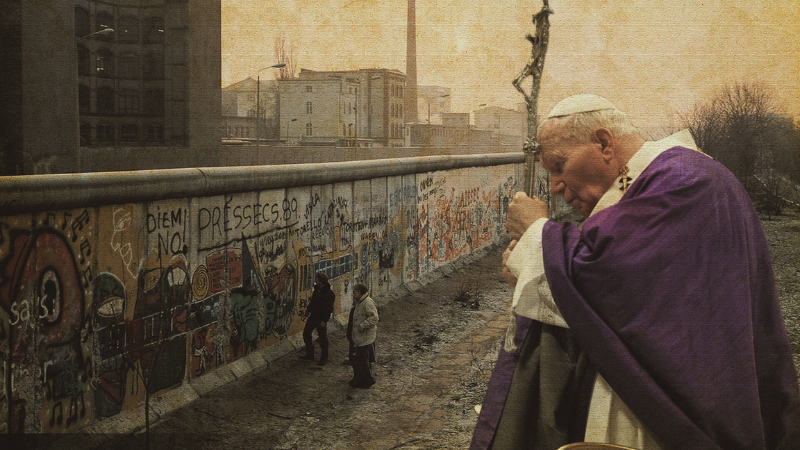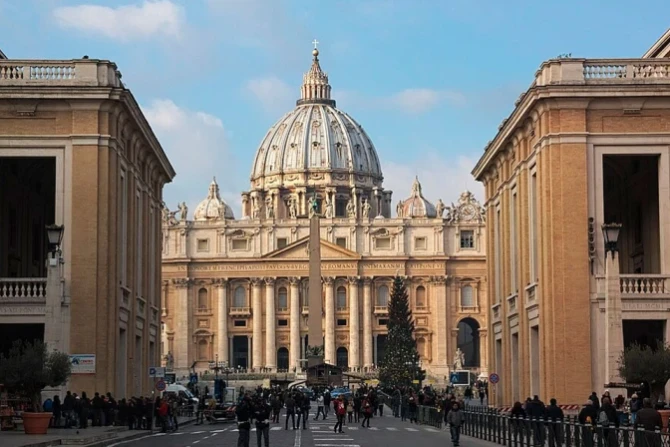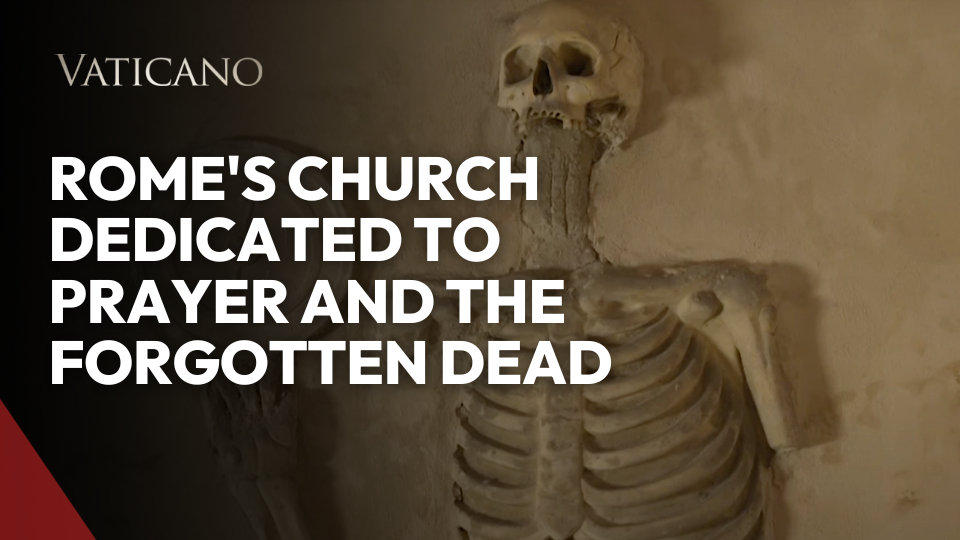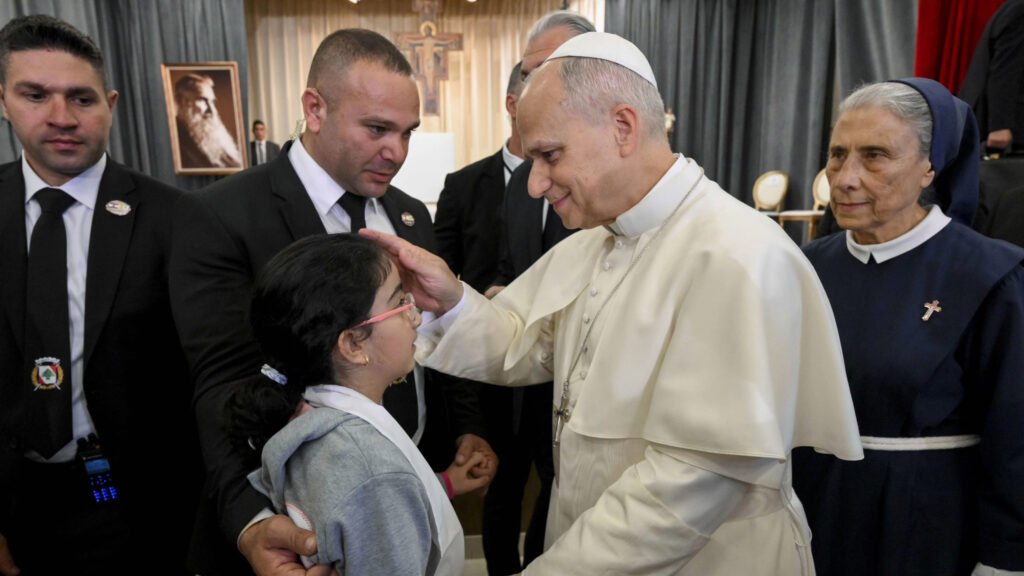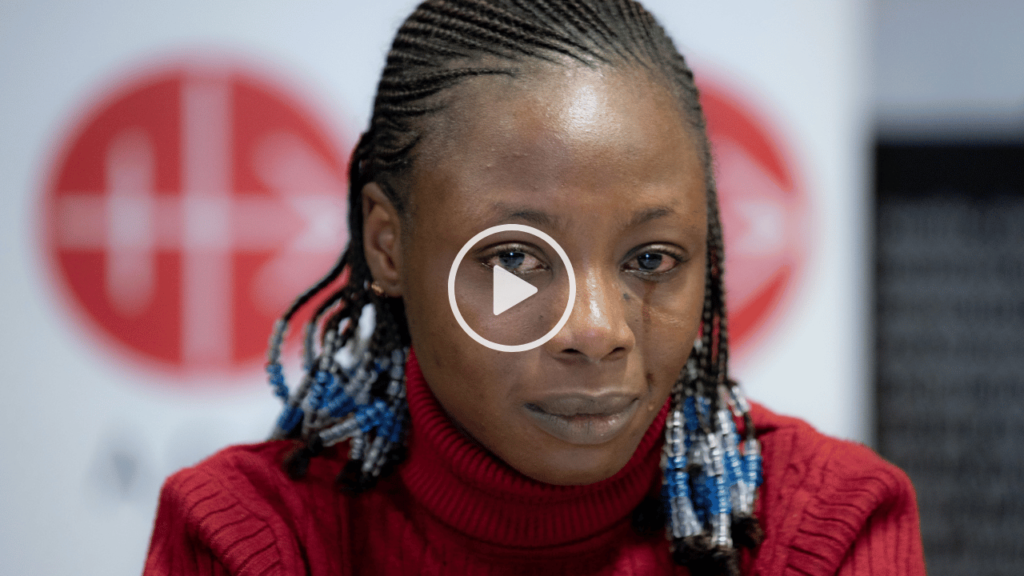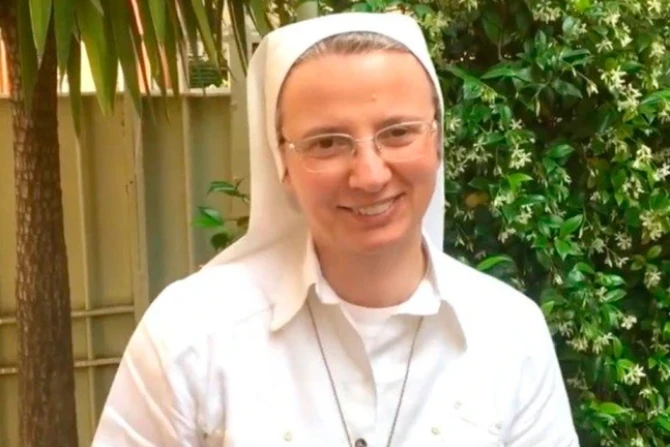Martin Rothweiler, Director of EWTN Germany, is convinced of the late Pope’s pivotal role in bringing about German reunification. “Without Pope John Paul II, the German reunification would not have happened!” Rothweiler said. Reflecting on that fateful day, Rothweiler, who watched the fall of the Berlin Wall from Rome, shared, “I was in Rome at the time because I was working for a magazine here. The whole scene felt surreal—seeing people climb over the Wall, people pouring from East Berlin to West Berlin. As a child, you grow up with the notion of the Eastern Bloc, NATO, and the Warsaw Pact as fixed realities. Suddenly, all of that was gone.”
Rothweiler isn’t the only one who believes in John Paul II’s influence on the events that reshaped Europe. German Cardinal Joachim Meisner, a close friend of the Polish Pope, remarked, “John Paul II changed the world. Without him, there would be no ‘Solidarnosc’ movement in Poland, and communism might not have ended. His contributions to the fall of communism are profound.”
John Paul II’s Dedication to Liberation and Consecration of Russia
Immediately after becoming Pope, John Paul II began working behind the scenes to support those suffering under communist regimes. In 1981, following an assassination attempt on his life, he consecrated Russia to the Immaculate Heart of Mary, as Our Lady of Fatima had requested. Cardinal Stanisław Dziwisz, John Paul II’s former private secretary, explained, “Our Lady asked the children of Fatima to consecrate Russia to the Immaculate Heart of Mary and to pray the rosary for humanity’s sins. John Paul II decided to fulfill this request.”
Cardinal Dziwisz recounted the far-reaching effects of this consecration, “After this consecration, a process began that led to freedom for nations oppressed by communism. The fall of the Berlin Wall, the Iron Curtain, and even Marxism in academia around the world marked a new era.”
The Polish Pope’s Impact on Germany
When Pope John Paul II was canonized in 2014, former German Chancellor Helmut Kohl recalled the Pope’s first visit to reunified Germany in 1996. In an article, Kohl described the memorable walk they took together through the Brandenburg Gate, where the Pope told him, “Mr. Chancellor, this is a great moment in my life. I, the Pope from Poland, am standing with you, the German Chancellor, at the Brandenburg Gate. The gate is open, the Wall has fallen, Berlin and Germany are no longer divided, and Poland is free.”
The Polish Pope then addressed Germany directly, saying in German, “May God give you and your German fatherland the strength to complete this work.”
A Legacy of Courage and Faith
For Martin Rothweiler, who met John Paul II personally in Rome, the Pope’s contribution to the end of communism is undeniable. “If anyone still doubts it, the best witness is Mikhail Gorbachev, the former General Secretary of the Soviet Communist Party, who admitted that without John Paul II, this revolution might not have been peaceful,” Rothweiler noted.
Today, more than 30 years after the end of the Cold War, Europe once again faces conflict. In March 2022, Pope Francis reflected on the lessons of past wars, saying, “We have forgotten the lesson learned from the tragedies of the last century, the sacrifice of millions who fell in two world wars.”
Echoes of Consecration and a Call for Peace
On March 25, 2022, one month after Russia invaded Ukraine, Pope Francis repeated John Paul II’s act of consecration: “Mother of God and our Mother, to your Immaculate Heart we solemnly entrust and consecrate ourselves, the Church, and all humanity, especially Russia and Ukraine. Accept this act, and grant that war may end and peace spread throughout the world.”
Though the war in Europe continues with daily loss of life, the legacy of John Paul II offers a reminder: miracles often happen when we least expect them, and peace can emerge even in the darkest times.
Adapted by Jacob Stein

